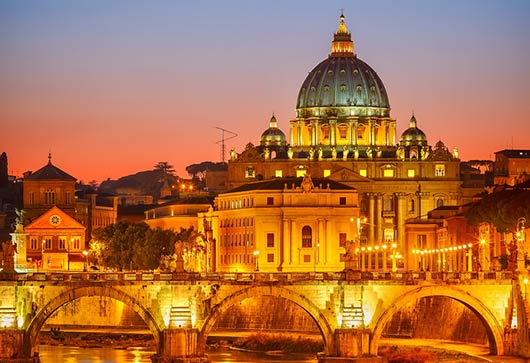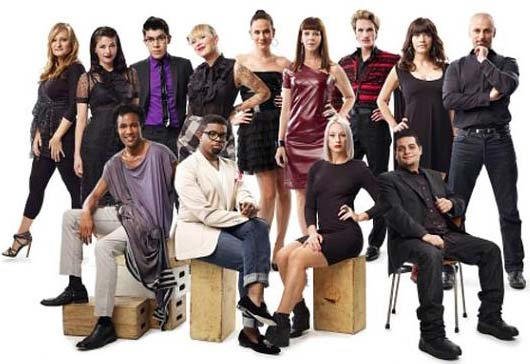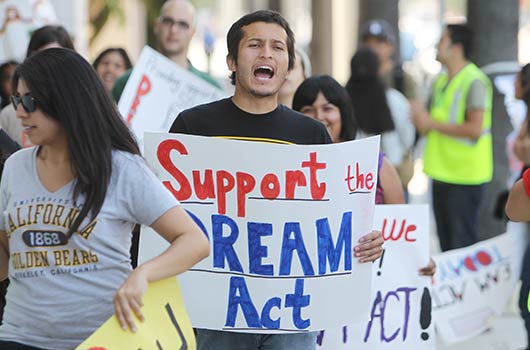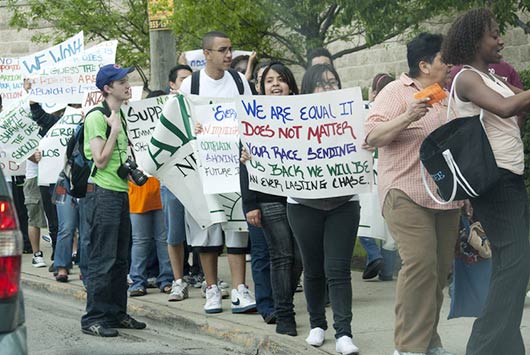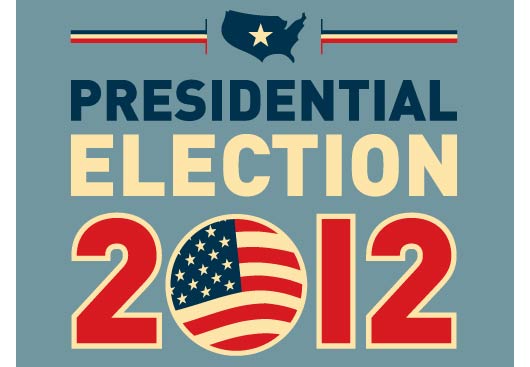
 As voters head to the polls despite long lines, pressing personal burdens, or even in some cases the devastation left by Superstorm Sandy, some are questioning why voters even bother.
As voters head to the polls despite long lines, pressing personal burdens, or even in some cases the devastation left by Superstorm Sandy, some are questioning why voters even bother.
There’s always grousing about the many people who don’t vote. But look at it the other way: An estimated 133 million Americans will cast ballots in Tuesday’s election. So why do they do it?
It’s not because any one voter will decide the contest between President Barack Obama and challenger Mitt Romney.
A one-vote win is rare even in local or state races, which attract smaller turnout. The largest numbers of voters—about 6 in 10 eligible adults—come out for presidential years. Yet the presidency’s never turned on just one vote, not even in the 2000 recount that flummoxed Florida.
Read Related: Election 2012: How to Involve Your Kids in the Political Process
It’s so improbable that scholars debate whether voting is a rational act.
“There is no question that from a simplistic rational view it doesn’t make sense to vote,” said Kevin Lanning, a political psychologist at Florida Atlantic University. “Even in Florida I’m more likely to be killed in an auto accident going to the polls than I am to cast the deciding vote in the presidential election.”
Still, Lanning is a voter.
Andrew Gelman, a professor of statistics and political science at Columbia University, was co-author of a study before the 2008 presidential election that found that, on average, a voter had a 1 in 60 million chance of deciding that race.
The Electoral College means the odds vary by state. This year’s chances range from roughly 1 in a million (for a voter in the battleground state of Ohio) to essentially zero (in states such as vastly Republican Wyoming or deeply Democratic Vermont).
That might seem to validate the inertia of the 4 in 10 eligible adults who don’t bother to vote even in presidential years. Read the full article on FOX NEWS Latino.

